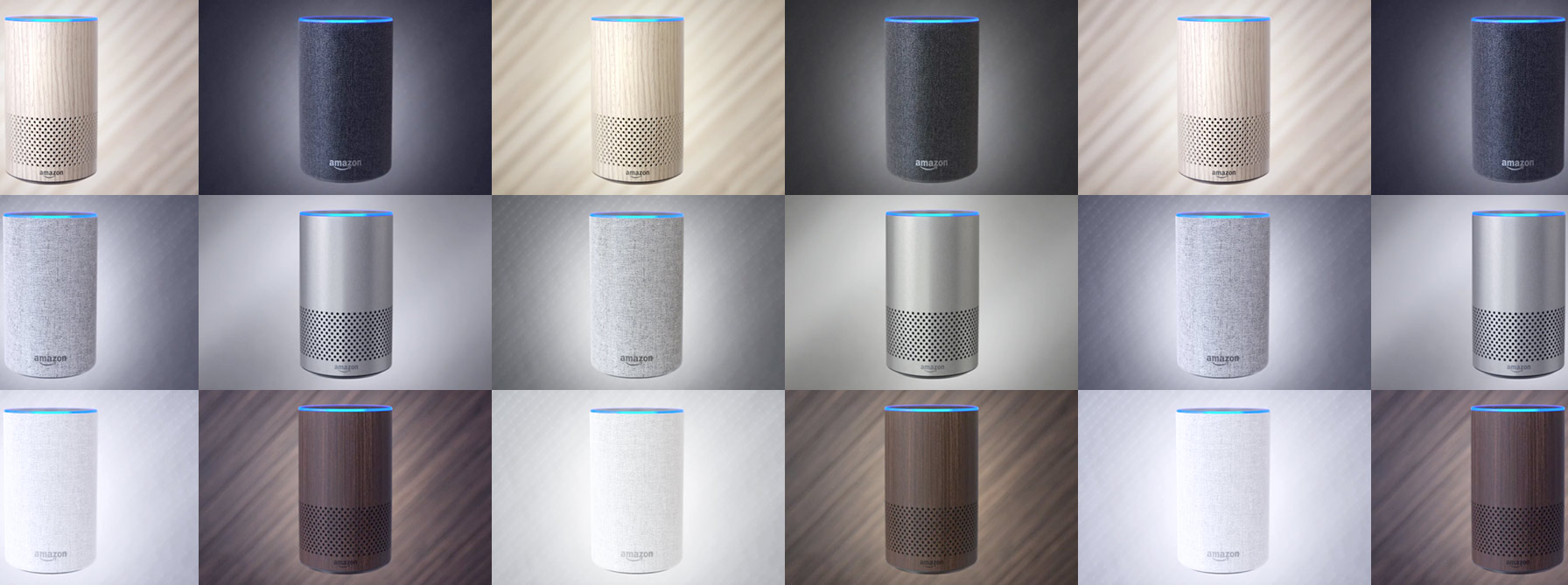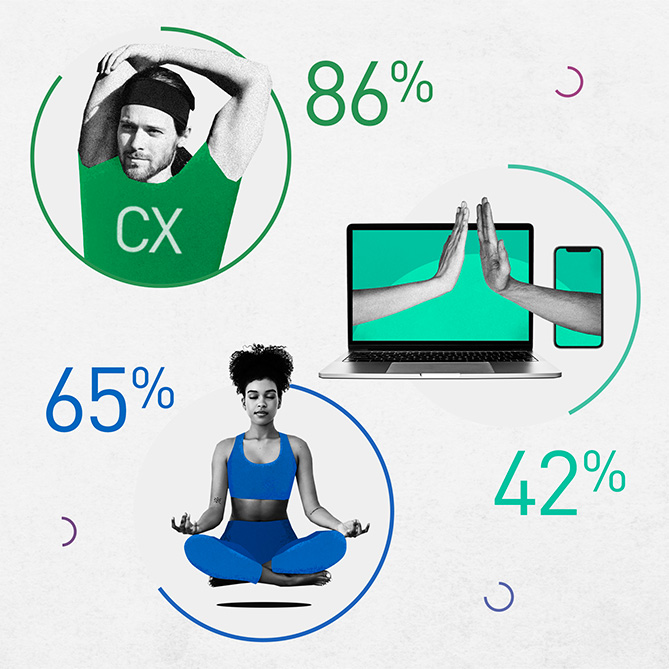It may come as a surprise to some, but 40% of adults across the globe use voice search at least once every day. What’s more, 60% of those users started in the past year. If anyone thought voice recognition was nothing but a passing trend, this should give them cause to think again.
What’s popular for consumers is generally good for marketers, and Alexa, along with Google’s new Home assistant, is providing an excellent new avenue for brands to reach their audience. So why is it taking so long?
With Alexa, it’s personal
Alexa is precisely where many companies would like to be – right in your living room or kitchen. It’s almost too good to be true. The information gleaned by Alexa can help companies get to know their customers better and tailor their products and services more effectively. By far the simplest way to start marketing via Alexa is to create an app specific to the platform that users can engage with by talking (Alexa calls these apps ‘Skills’). The likes of BBC and NPR are already prominent, but there’s mounting evidence that many of the apps being released aren’t retaining users. When you consider Android and iOS apps currently have retention rates of 13% and 11% respectively, that may be a cause for concern for some brands. That being said, Alexa is still a relatively new technology and this may well be something that changes with time as the tech finds its market.
Every brand has something to offer, and given that countless brands are vying for the attention of shared audiences, it makes sense to look at how they can present their offering in a new way. Though marketing in this new way does require consideration.
Marketing in this way can seem intrusive if not handled with a light touch, and newly developed skills (apps) shouldn’t just be about selling. Cary Tilds, chief innovation officer at WPP’s GroupM (the world’s largest media advertising agency), told The Financial Times: “We’re no longer telling a brand story. It’s about creating and interacting in a story where each consumer is your star. It’s a very different way to work.”
Alexa is personal, and the value brands can derive from it will be personal too. It’s about having a two-way dialogue with consumers and building a 100% consumer-centric model.
Alexa is personal, and the value brands can derive from it will be personal too.
The challenge facing finance brands, and how Alexa can help
The main problem facing finance brands in 2017 is finding new ways to stay connected with their audience. With the rise of social banking and digital wallets, consumers are finding it less necessary to interact with their banks on a day-to-day basis. This creates a marketing vacuum for banks in particular, making it harder for them to make consumers aware of new products and services. Could Alexa fill this void?
There are currently 130 Alexa skills in the business and finance category on Amazon, but few of them are service based. Capital One, however, are bucking this trend. Their new skill allows customers to ask Alexa questions such as:
“How much did I spend at Costco last month?”
“What’s my current account balance?”
“When is my car repayment due?”
There’s no doubting the functionality this brings to Capital One customers, and it could be just enough to continue engaging them while other consumers get distracted with the likes of social banking and other third-party platforms. Customers want convenience, and this delivers in spades.
What’s more, Capital One will gain data and valuable insight directly from its interactions with customers, much like any business would from, say, clicks on a website. This will help the brand to tailor its services to be more in line with what customers want when they want it. Put simply, it keeps an advertising channel open and gives the brand direct access to its customers.
Considering the success of WeChat in Asia and other global markets, and the fact that chatbots on platforms like Facebook Messenger may soon automate banking entirely, maintaining this direct line with customers will prove to be invaluable for finance brands.
Alexa, are you the future of content marketing?









